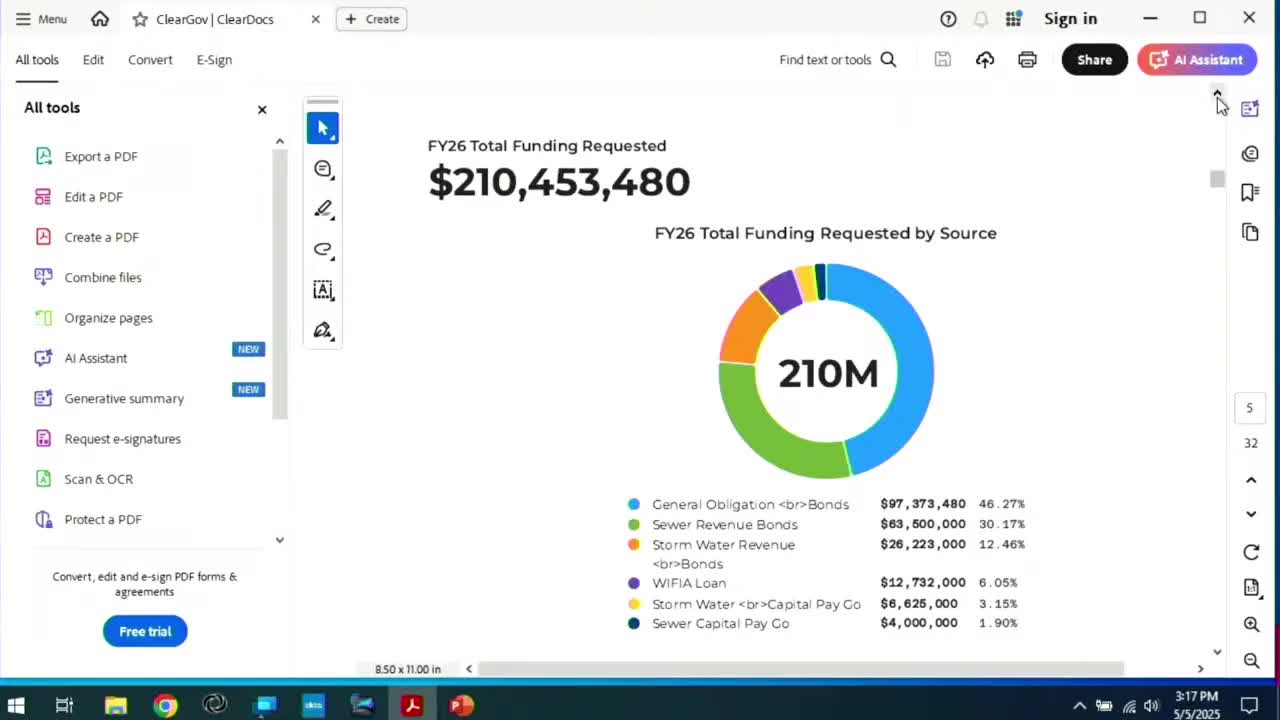Article not found
This article is no longer available. But don't worry—we've gathered other articles that discuss the same topic.
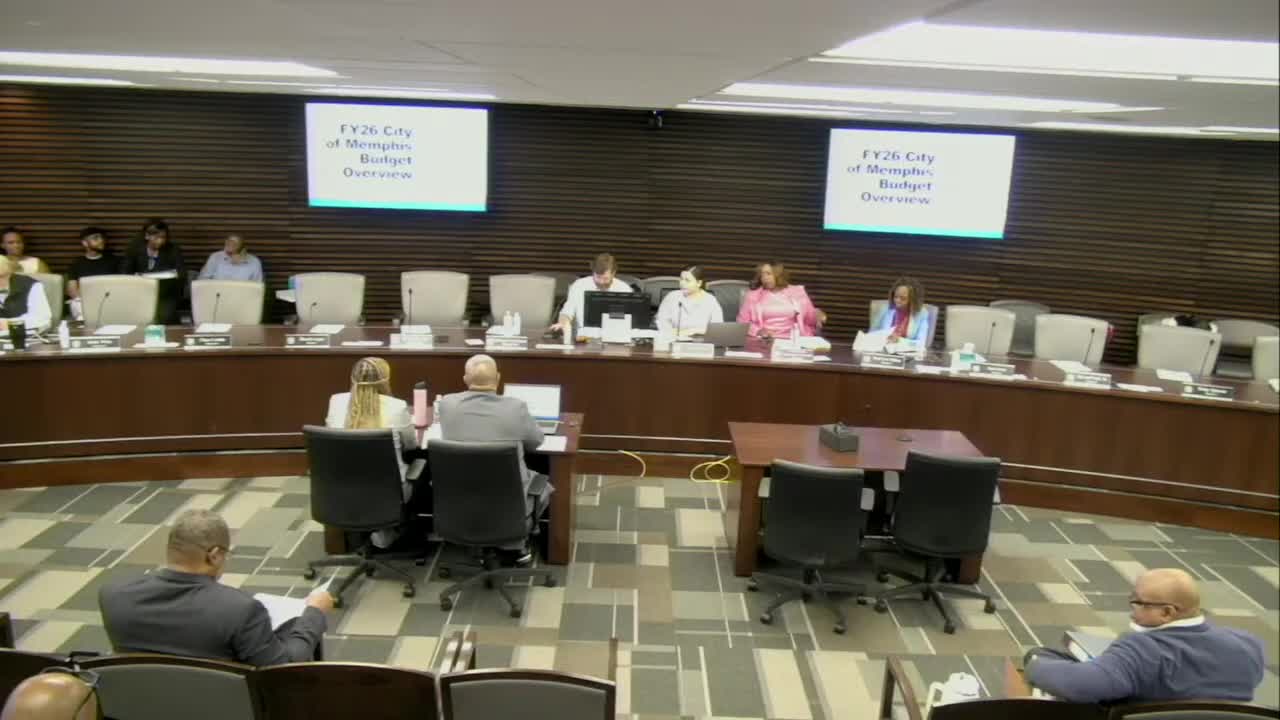
Memphis CFO warns of $14 million shortfall, urges hiring freeze and overtime cuts
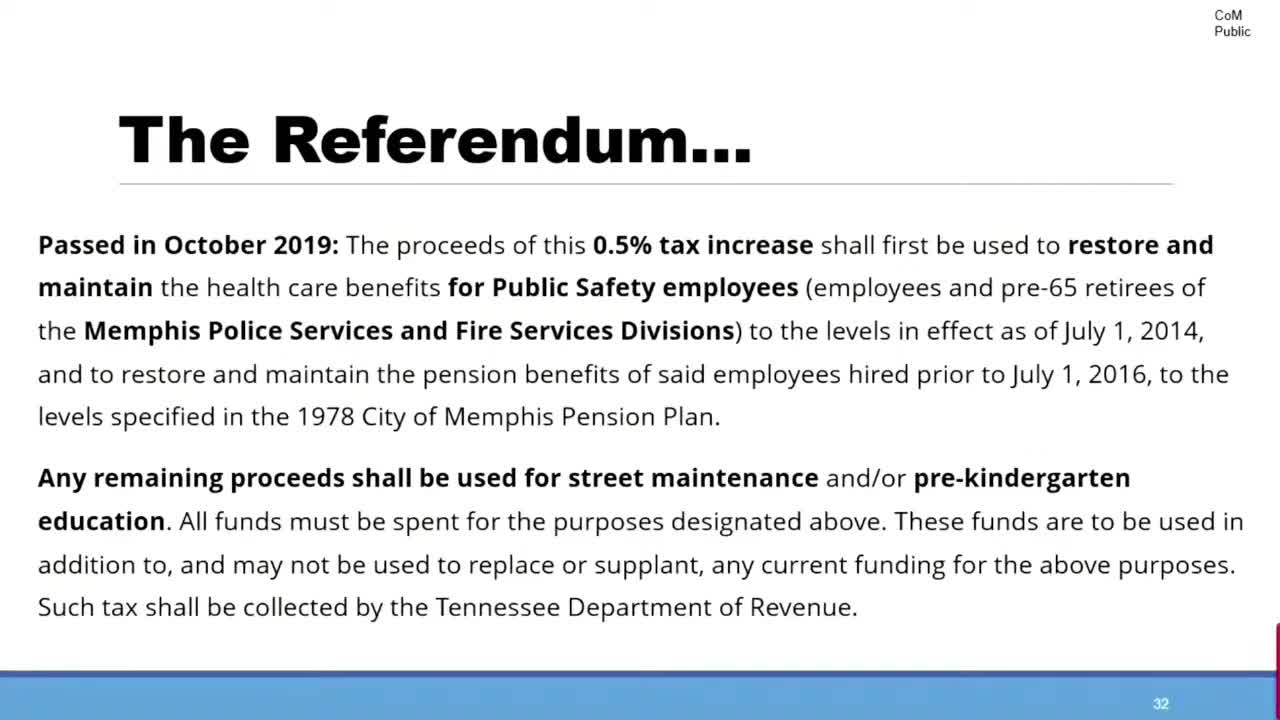
2019 sales‑tax referendum fund shrinking to $7.5M projection; council told flexibility is limited
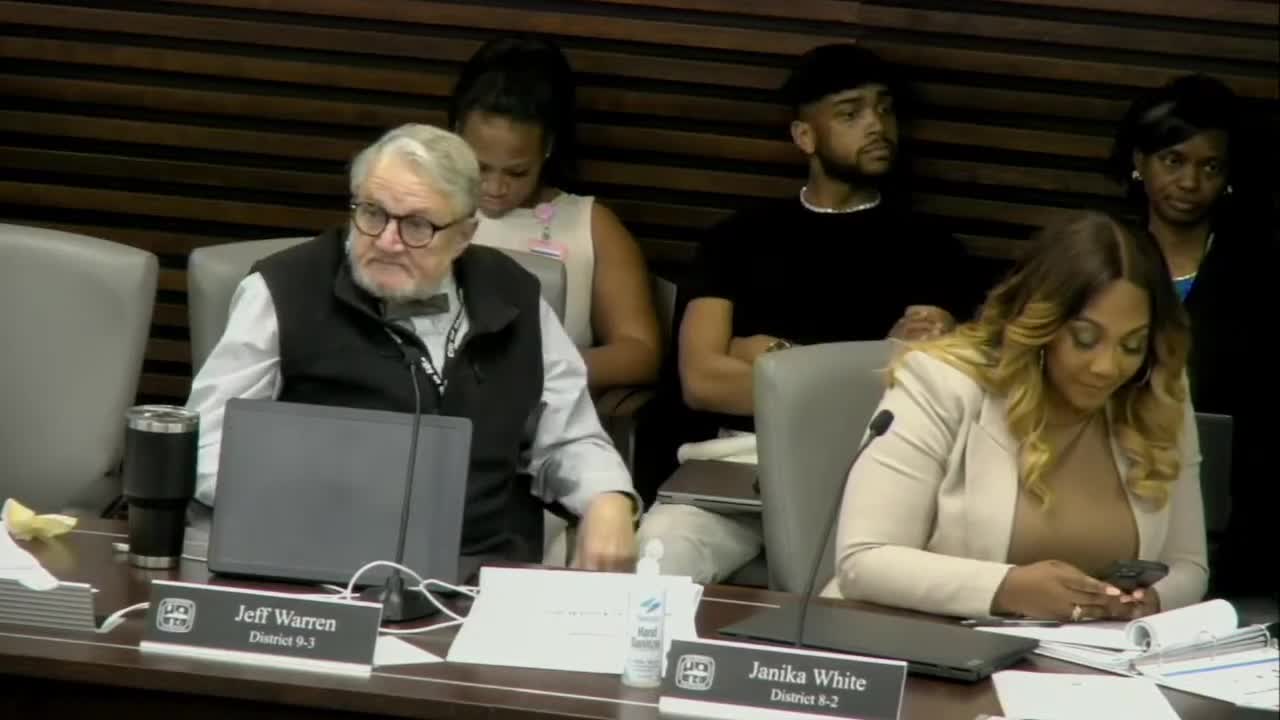
City opts for real‑time dashboards and 311 overhaul as libraries absorb higher janitorial and security costs
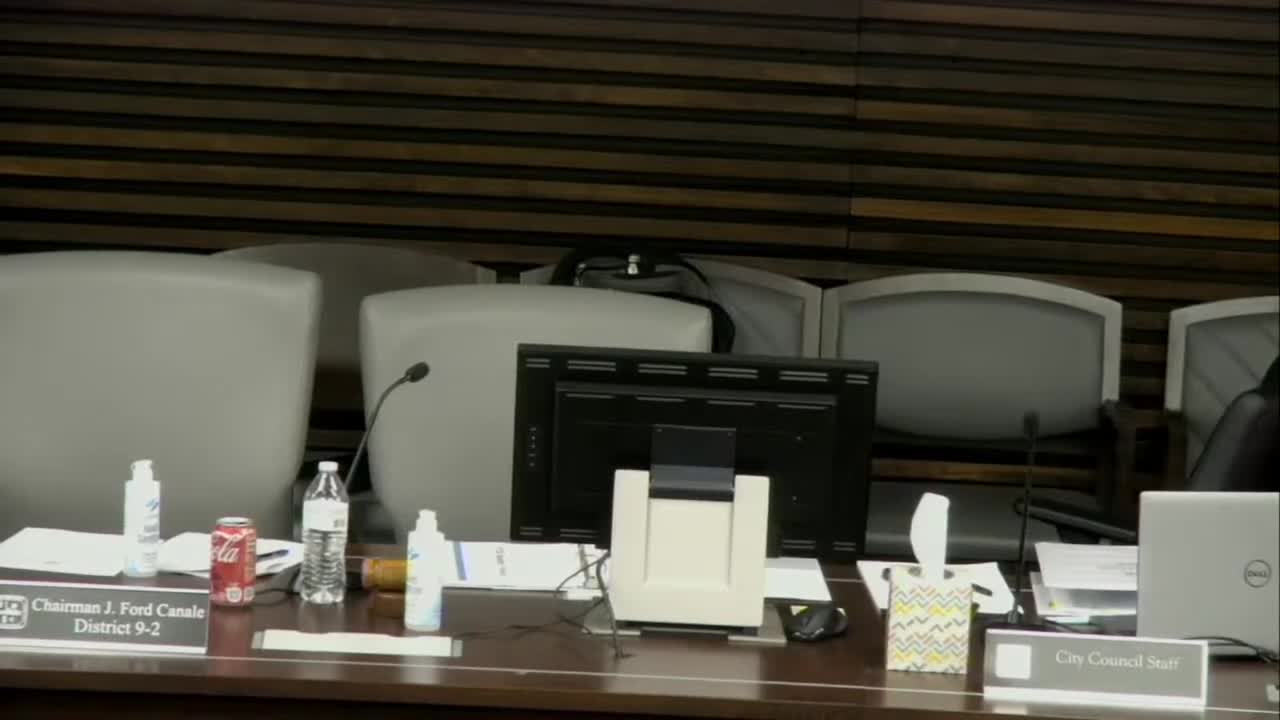
Mayor’s office highlights youth jobs and new joint violence‑prevention office as city tightens spending
